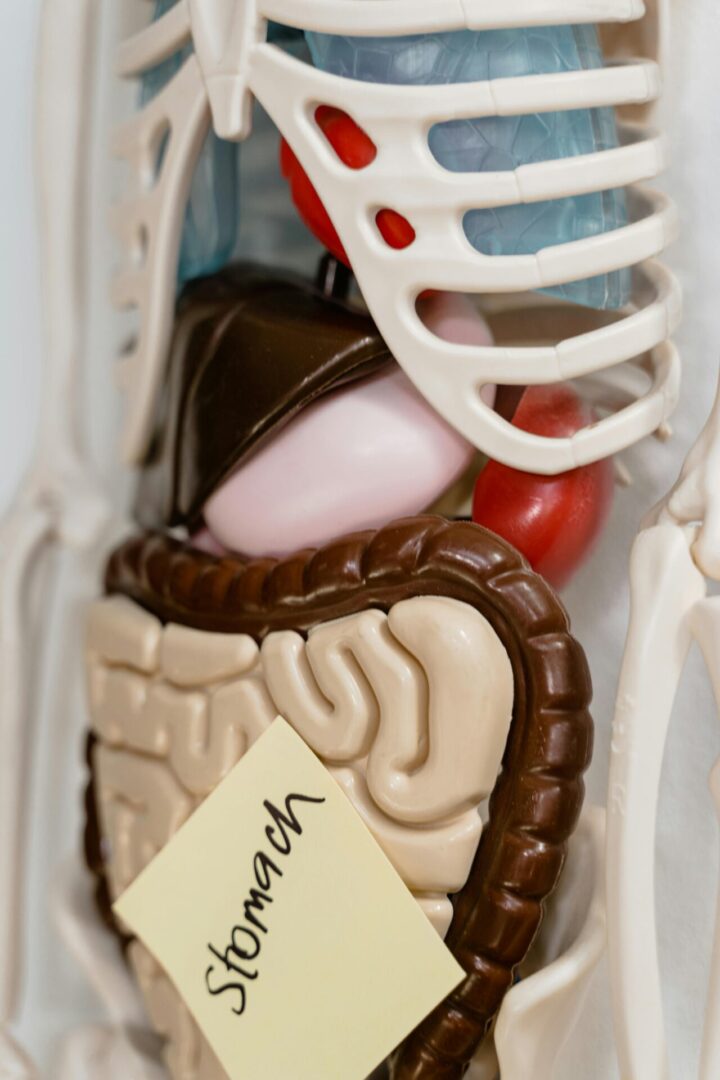Do You Even Look in the Toilet? Your Poop Tells Health Stories
Digestive health, For many people, the conversation around poop extends only as far as buying toilet paper. The idea of examining what ends up in the toilet might sound unpleasant, but the reality is that your stool can offer valuable insights into your digestive health. Just as you might check your body for unusual moles or lumps, taking a closer look at your bowel movements can empower you to make better health decisions.
Most of us rely on healthcare professionals to interpret symptoms and diagnose issues, but no one knows your body quite like you do. By understanding your own “normal,” you can spot changes early and seek help before minor digestive health issues become major problems.
Why Your Stool Matters for Digestive Health
Your digestive system is a complex network that processes everything you eat and drink. The end product—your poop—reflects not just what you consume, but also how well your body digests, absorbs, and eliminates waste. According to the Cleveland Clinic, healthy digestion is vital for energy, immunity, and overall well-being.
How to Use Your Poop as a Window Into Your Digestive Health
Here are some key things to observe every time you go:
-
Color: Is it brown, black, gray, or green? Brown is generally normal, while black or red may indicate bleeding, and pale or gray could signal bile or liver issues. Mayo Clinic – Stool Color
-
Frequency: Are you going once, twice, or every other day? Most experts agree that at least one bowel movement per day is optimal for good digestive health.
-
Undigested Food: Seeing bits of corn, spinach, or mushrooms can be normal, but frequent undigested food may indicate malabsorption.
-
Odor: While poop never smells pleasant, an especially foul odor can be a sign of infection or poor digestion.
-
Float or Sink: Healthy stool usually sinks. Floating can mean excess gas or fat, sometimes linked to malabsorption.
-
Form: Is it one long, smooth piece or in small, hard lumps? The Bristol Stool Chart is a useful tool for identifying healthy stool types.
-
Ease of Passage: Ideally, it should be easy to pass, not painful or straining.
-
Blood: Blood is never normal and should always be checked by a healthcare provider.
What’s “Normal” for Digestive Health?
While there are general guidelines, everyone’s digestive system is unique. Your “normal” may differ from someone else’s, but consistency is key. If you notice a sudden change in your stool’s appearance, frequency, or smell, it could be a sign of a digestive health issue.
For example, constipation (going less than once per day) can lead to a buildup of toxins, sluggishness, and even skin problems. Chronic diarrhea, on the other hand, may result in dehydration and nutrient deficiencies. Both can be symptoms of underlying digestive health problems such as irritable bowel syndrome (IBS), food intolerances, or infections.
 Signs, Symptoms, and Tips for Improving Digestive Health Every Day
Signs, Symptoms, and Tips for Improving Digestive Health Every Day
How to Support Your Digestive Health Daily. If you’re not having regular, easy bowel movements, try these tips to improve your digestive health:
-
Hydrate: Drink plenty of water throughout the day to keep things moving.
-
Eat Fiber: Aim for at least 25-30 grams of fiber daily from fruits, vegetables, legumes, and whole grains. Fiber feeds beneficial gut bacteria and bulks up stool. Harvard T.H. Chan School of Public Health – Fiber
-
Move Your Body: Physical activity stimulates digestion and helps prevent constipation.
-
Sweat: Use a sauna or do an intense workout to help your body detoxify through sweat.
-
Dry Skin Brushing: This helps move lymph and supports cellular turnover, indirectly aiding digestion.
-
Limit Processed Foods: Highly processed foods can disrupt gut bacteria and slow digestion.
-
Probiotics: Consider adding fermented foods like yogurt, kefir, sauerkraut, or a probiotic supplement to support healthy gut flora and overall digestive health. Johns Hopkins Medicine – Probiotics
If you’re still struggling with irregularity, bloating, or discomfort, it may be time to consult a digestive health specialist. Persistent changes in your stool, especially blood or unexplained weight loss, should always be evaluated by a healthcare provider.
When to Seek Help for Digestive Health Issues. While occasional changes in your stool are normal, ongoing problems can signal more serious digestive health concerns. According to the American Gastroenterological Association, chronic constipation or diarrhea, blood in the stool, severe abdominal pain, or unexplained weight loss should prompt a visit to your doctor.
Early intervention can help prevent complications and improve your quality of life. Remember, your stool is a daily report card on your digestive health—don’t ignore what it’s telling you!


 Signs, Symptoms, and Tips for Improving Digestive Health Every Day
Signs, Symptoms, and Tips for Improving Digestive Health Every Day